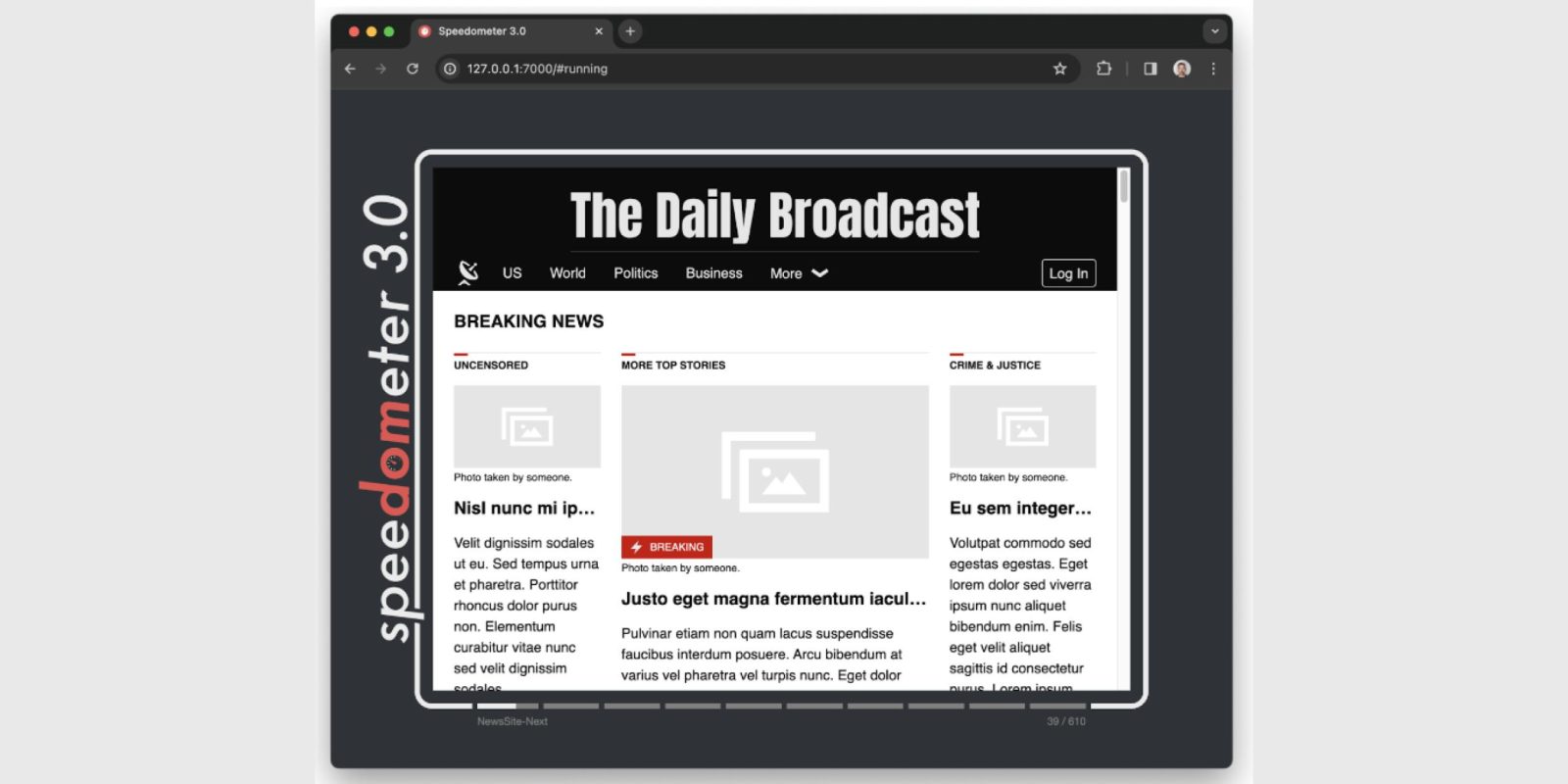
Speedometer has long been Google’s preferred benchmark, previously noting how it’s the “most reflective of the real world” when comparing JavaScript performance. Speedometer 3.0 is now available.
Speedometer 3.0 is the result of a collaboration (joint multi-stakeholder governance model) between the Blink/V8, Gecko/SpiderMonkey, and WebKit/JavaScriptCore browser engines, with Microsoft also involved. Version 1.0 in 2014 was created by the WebKit team, while 2.0 saw a partnership between Apple and Google in 2018.
The goal is to “create a shared understanding of web performance so that improvements can be made to enhance the user experience.” This latest version improves how “Speedometer captures and calculates scores, show more detailed results and introduce an even wider variety of workloads.”
A few tests and workloads can’t simulate the entire web, but while building Speedometer 3 we have established some criteria for selecting ones that are critical to user’s experience. We are now closer to a representative benchmark than ever before.
In terms of included frameworks, Speedometer 3.0 takes into account: React, Vue, Angular, Preact, Lit, Backbone, and Svelte.
Meanwhile, there’s an updated set of simulated workloads: to-do app, complex web page, news site (single-page-application), charts apps & dashboards, and code editors.
- “TodoMVC is a to-do application that allows a user to keep track of tasks. The user can enter a new task, update an existing one, mark a task as completed, or delete it.”
- “We chose a news site to represent a SPA, since it allows us to capture the main areas of interest in a deterministic way. An important factor was that we want to ensure we are using static local data and that the app doesn’t rely on network requests to present this data to the user.”
- “Charting apps allow us to test SVG and canvas rendering by displaying charts in various workloads.”
- “Editors, for example WYSIWYG text and code editors, let us focus on editing live text and capturing form interactions.”
The other browser makers also have their own blog posts today detailing the effort:
FTC: We use income earning auto affiliate links. More.



Comments